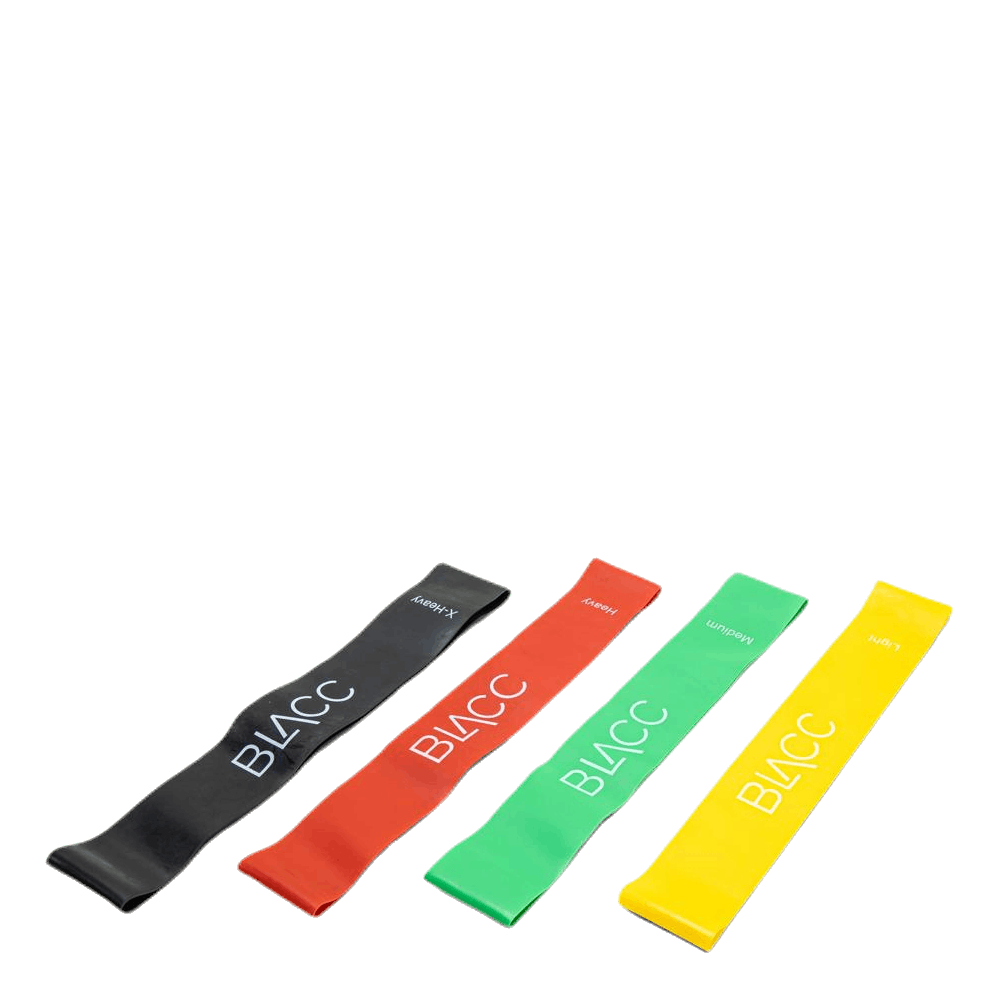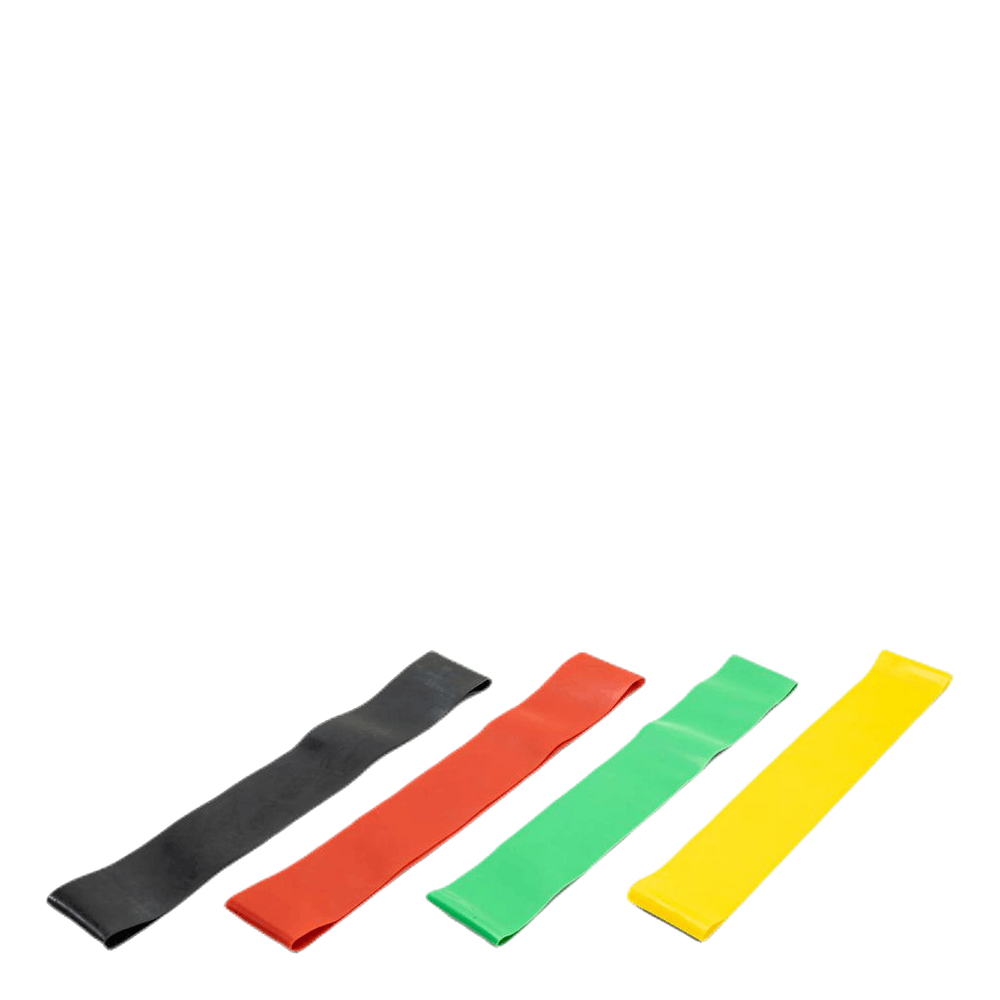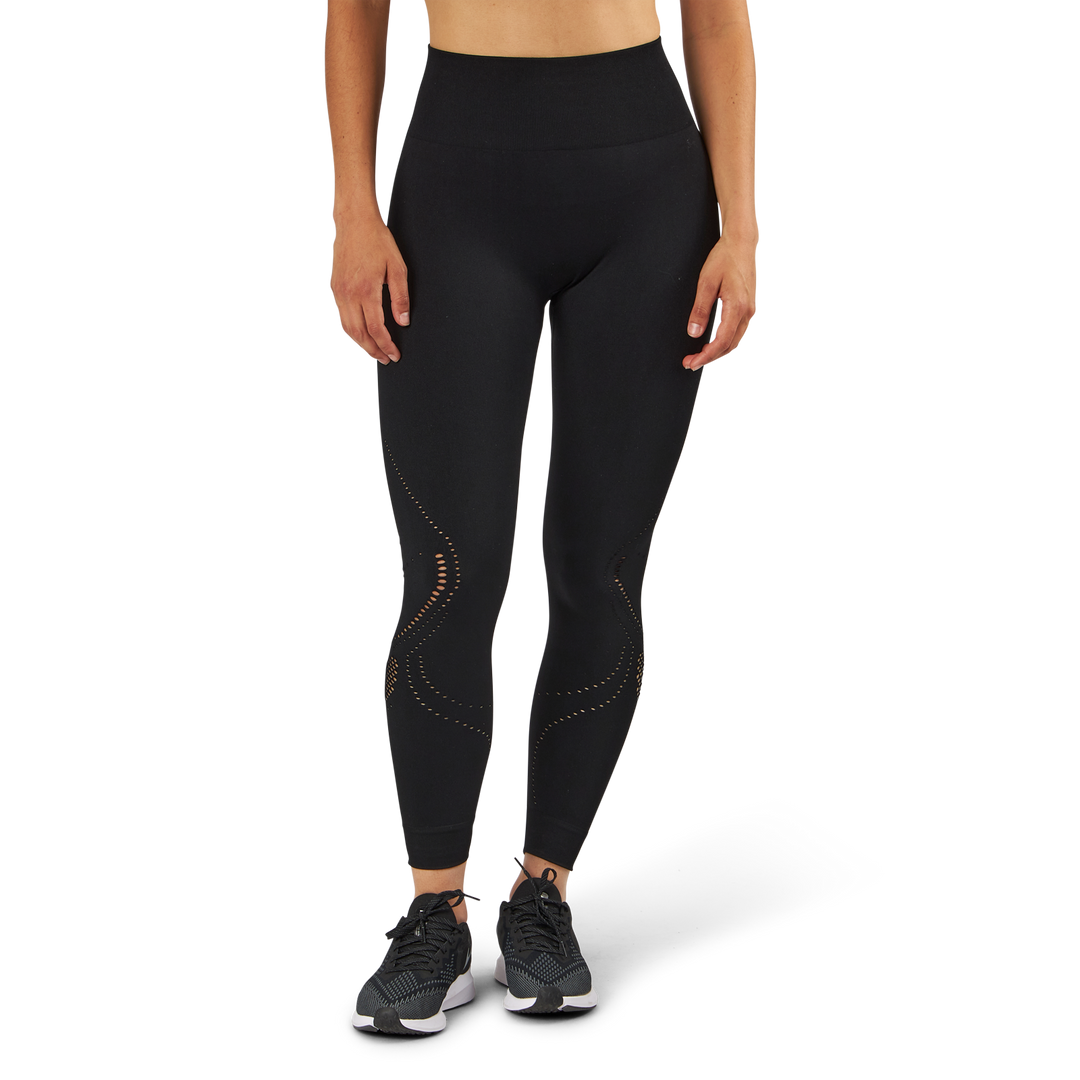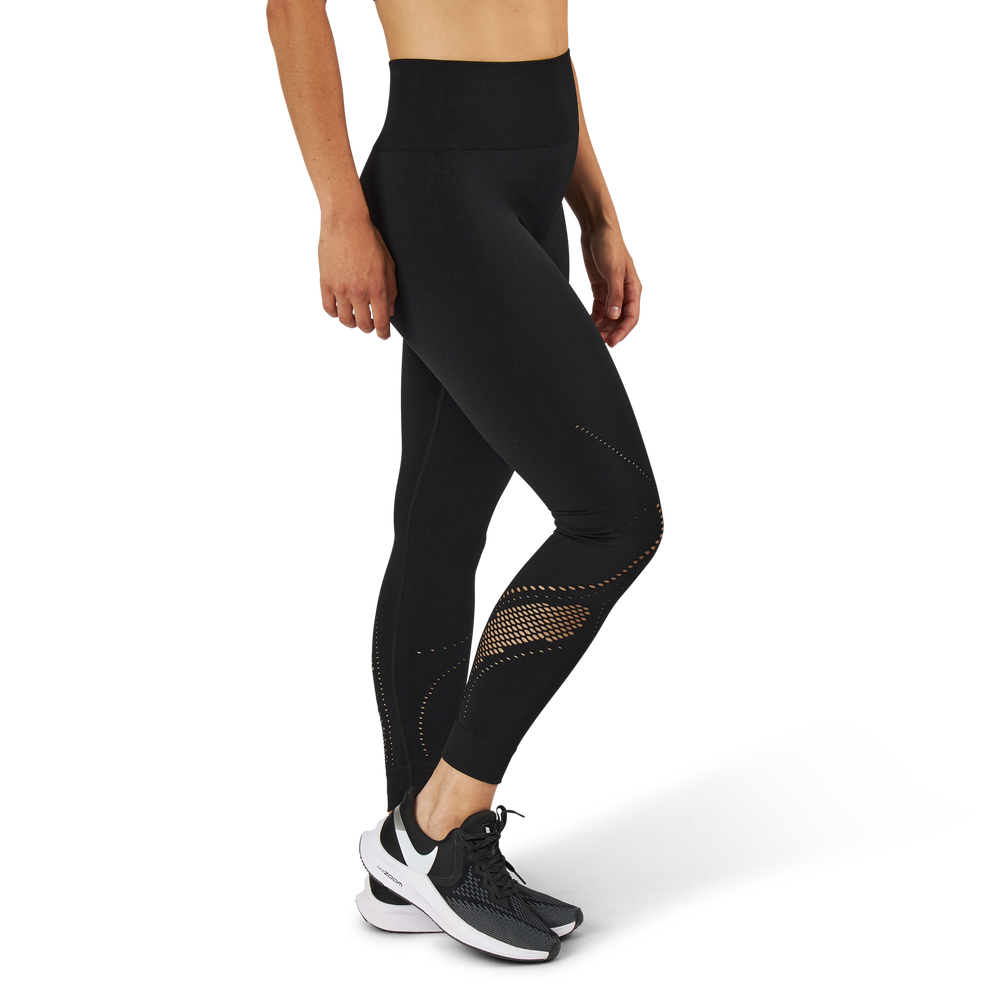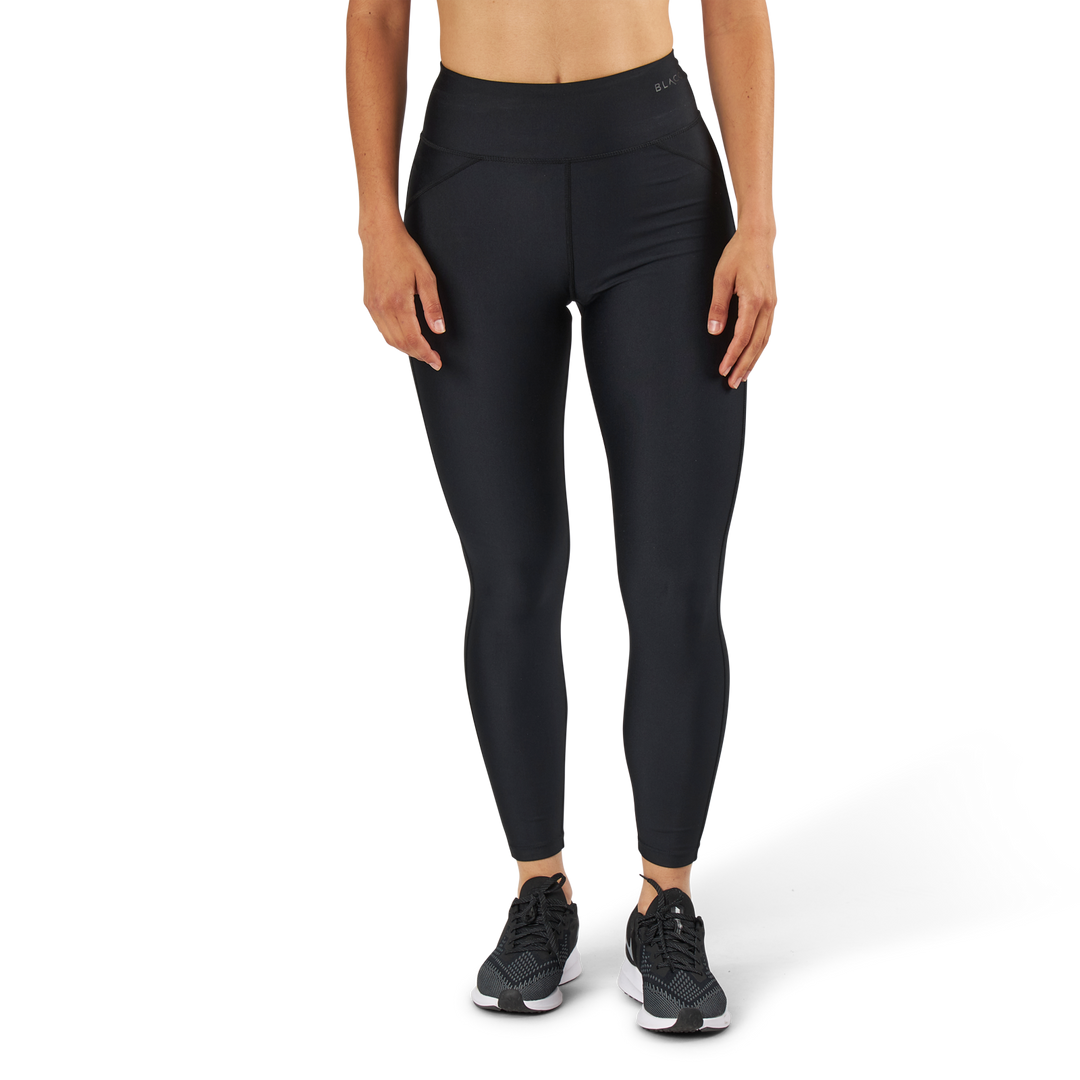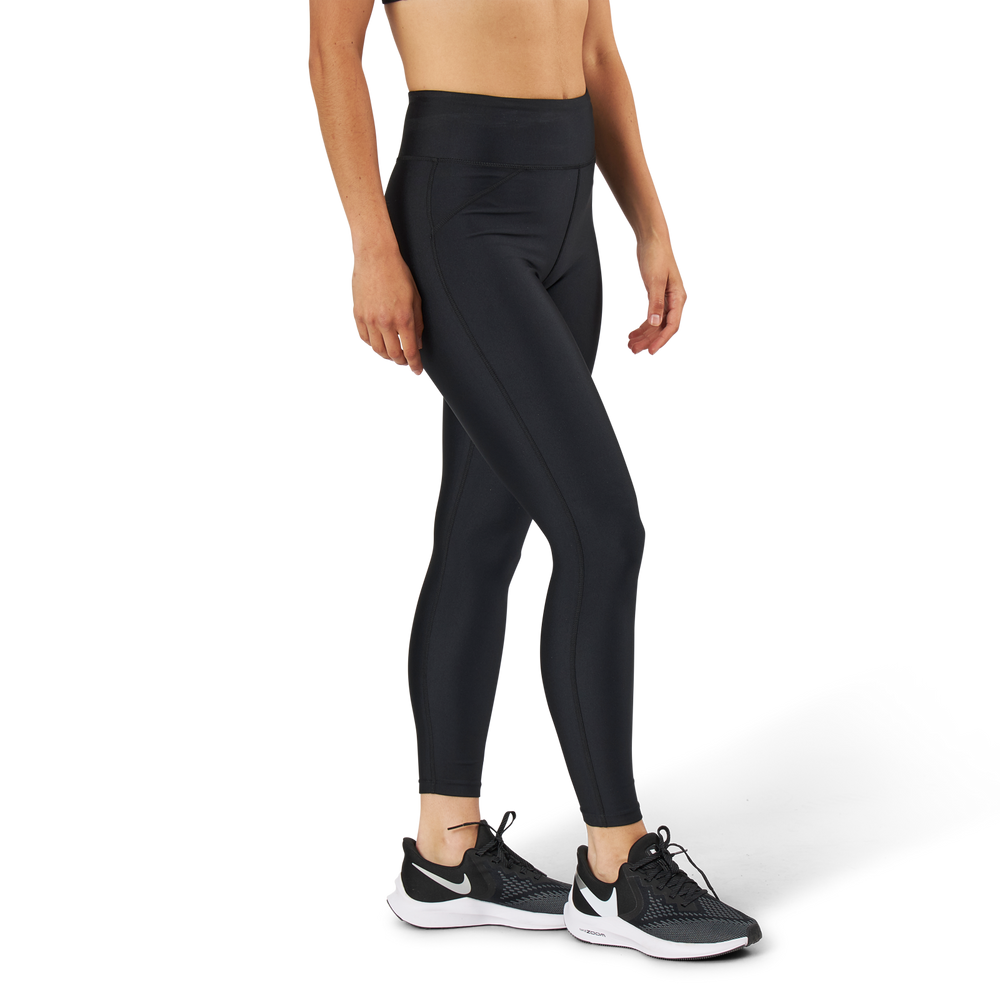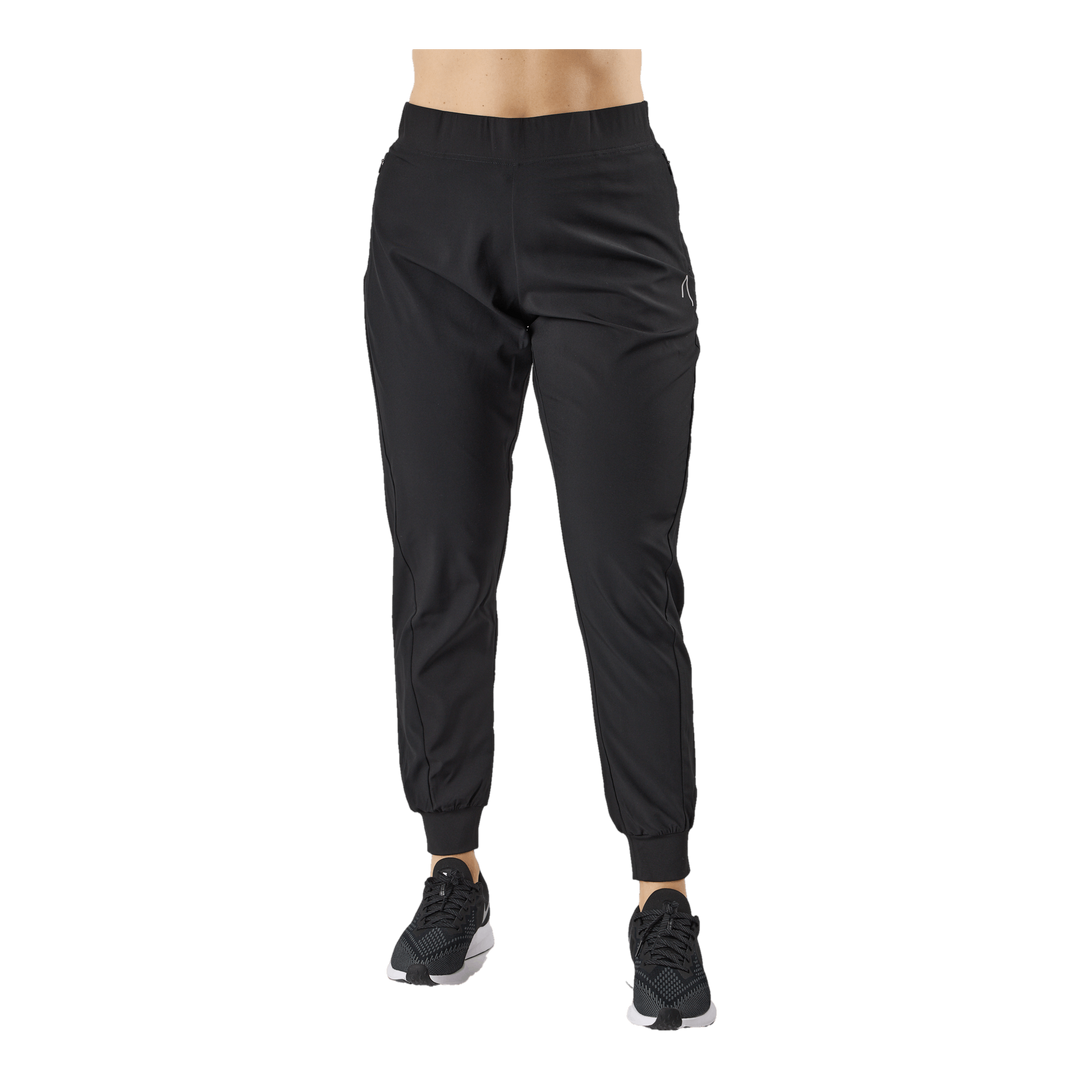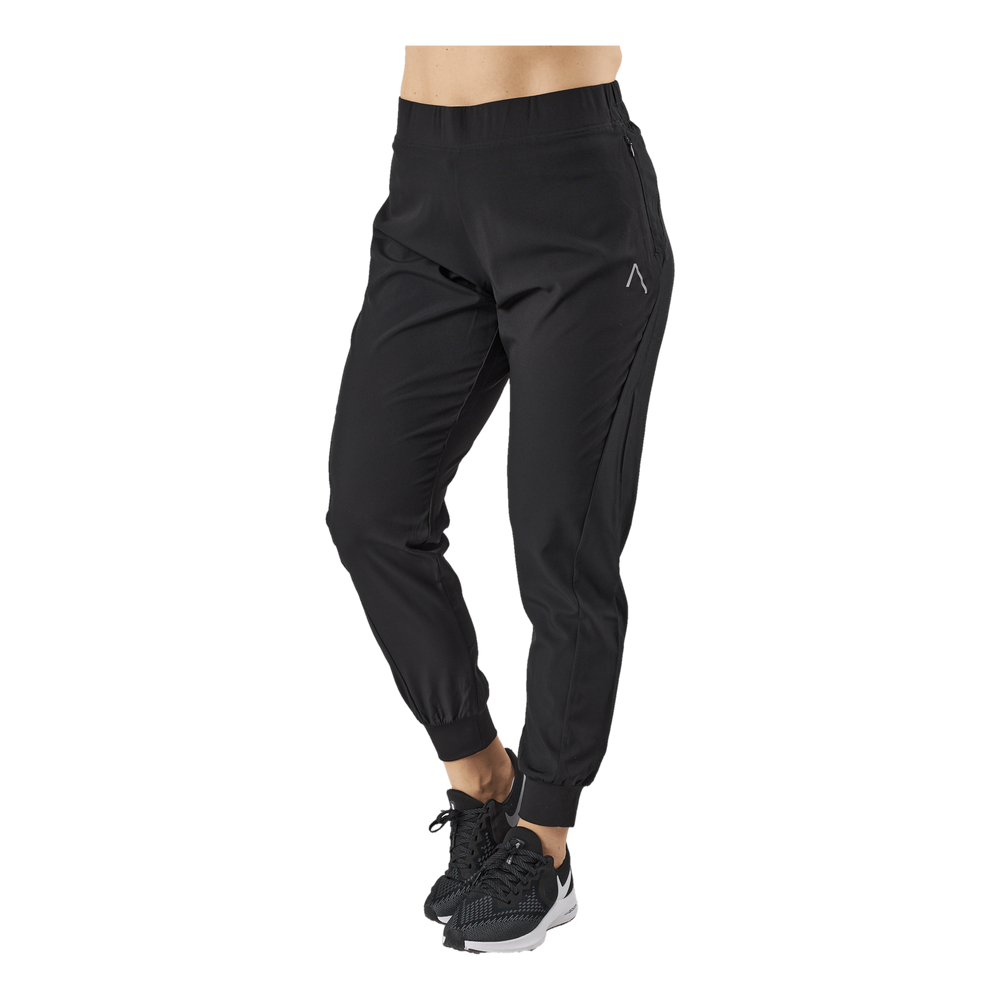
Training with Sinusitis - Here's How to Do It Safely
Can You Exercise with Sinusitis?
Yes, in most cases, you can continue exercising even if you have sinusitis. However, it's important to listen to your body and adjust your workout according to how you feel. If you have a high fever, severe headache, or feel generally unwell, it's best to rest until you feel better.
Sinusitis is often caused by a viral infection and usually resolves on its own within 1-2 weeks. During this time, light to moderate exercise can actually help alleviate the symptoms by:
- Increasing blood circulation and reducing mucus production
- Releasing endorphins that relieve pain and improve mood
- Strengthening the immune system and speeding up recovery
However, it's important to choose the right type of exercise and avoid activities that can exacerbate the symptoms. Here are some guidelines to follow:
Choose Low-Intensity Exercise
When you have sinusitis, it's best to stick to low-intensity activities that are not too strenuous. Avoid high-intensity interval training, heavy lifting, and other exercises that leave you out of breath or increase pressure in your head.
Good alternatives include:
- Walking at a leisurely pace
- Light jogging or running
- Swimming (avoid diving or swimming underwater)
- Yoga and stretching
- Light strength training using your body weight as resistance
Listen to your body and adjust the intensity according to how you feel each day. If you feel that the exercise is making your symptoms worse, it's best to take it easier or rest.
Exercise Indoors
Cold and dry air can irritate the mucous membranes and worsen sinusitis. Therefore, it may be better to exercise indoors in a warm and humid environment when you have a cold. An alternative is to use a face mask that warms and humidifies the air you breathe if you still want to exercise outdoors.
Also, avoid environments with a lot of dust, smoke, or strong scents that can further irritate your nose. Instead, exercise at home, at a gym, or a yoga studio with good ventilation.
Focus on Breathing
Nasal breathing is often difficult when your sinuses are congested. Still, try to breathe as much as possible through your nose during exercise, even if it feels strained. This helps to humidify and warm the air, as well as filter out irritating particles.
If nasal congestion makes it difficult to breathe, it may help to use a saline nasal spray or a decongestant spray for a while before exercising. However, avoid overusing decongestant sprays, as they can cause a rebound effect.
Also, place extra focus on deep breaths into your belly. Inhale through your nose and exhale through your mouth in a slow and controlled rhythm. This activates the parasympathetic nervous system and has a calming and healing effect on the body.
Stop When Needed
Although exercise can be beneficial for sinusitis, there are times when it's best to abstain completely. Listen to your body's signals and rest if you:
- Have a high fever above 38°C (100.4°F)
- Feel dizzy, tired, or confused
- Have severe head or facial pain
- Cough up mucus with traces of blood
- Experience breathing difficulties or chest pain
In these cases, it's better to stay home and let your body recover. Rest, drink plenty of fluids, and use fever-reducing and pain-relieving medications as needed. Seek medical attention if your symptoms do not improve within a week or if you have a high fever for more than 3 days.
Find Alternative Exercises
If you can't exercise as usual due to sinusitis, try to find alternative ways to stay active that are gentler on your body. Some suggestions:
- Take a leisurely walk in nature or a park
- Do a gentle yoga session at home or follow an online class
- Stretch or roll on a foam roller to loosen tight muscles
- Meditate or practice breathing exercises to reduce stress
- Engage in a calmer hobby like knitting, puzzles, or painting
Remember, the most important thing is to give your body time and space to heal. Exercise will always be there when you feel better. Until then, be kind to yourself and listen to your body's signals.
With the right adjustments and a positive mindset, you can often continue to move even when your sinuses are acting up. Who knows, you might even discover a new favorite activity in the process? The only certainty is that fresh air, endorphins, and a little sweat rarely make things worse. So get out there and enjoy the joy of movement - your sinuses will take care of the rest!




